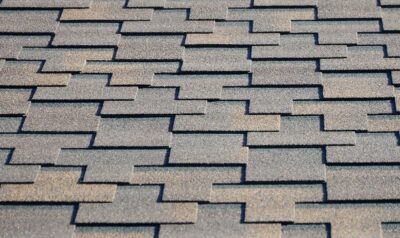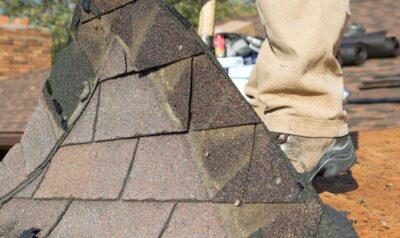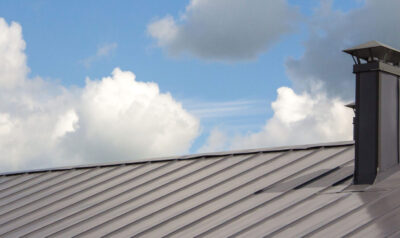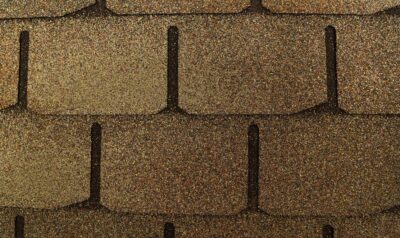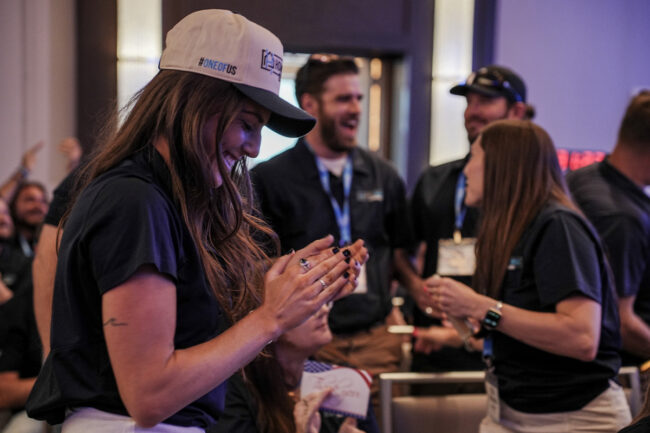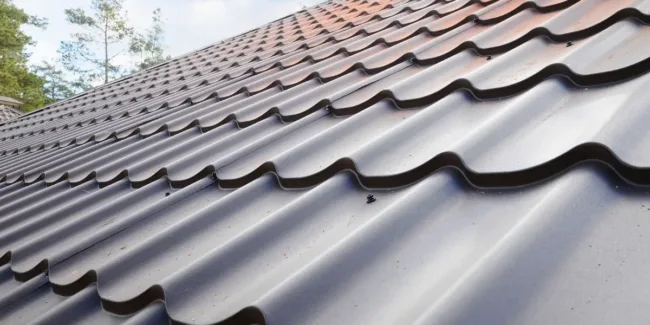The Pros And Cons Of Metal Roofing: What To Know
Understanding the pros and cons of metal roofing is essential for homeowners considering this increasingly popular option. Metal roofing has gained attention for its durability, longevity, and energy efficiency, making it a strong alternative to traditional materials. While it excels at withstanding extreme weather and requires minimal maintenance, it also has certain drawbacks that should be carefully weighed. This article provides a detailed, unbiased look at the advantages and disadvantages of metal roofing to help you determine if it’s the right choice for your home.
| Pros of Metal Roofing | Cons of Metal Roofing |
| Exceptional Durability | Higher Upfront Costs |
| Weather Resistance | Potential Noise During Storms |
| Energy Efficiency | Installation Complexity |
| Low Maintenance | Color matching for future repairs can be difficult |
| Minimal upkeep needed | Risk of Denting |
| Sustainability | Complex, not DIY-friendly Installation |
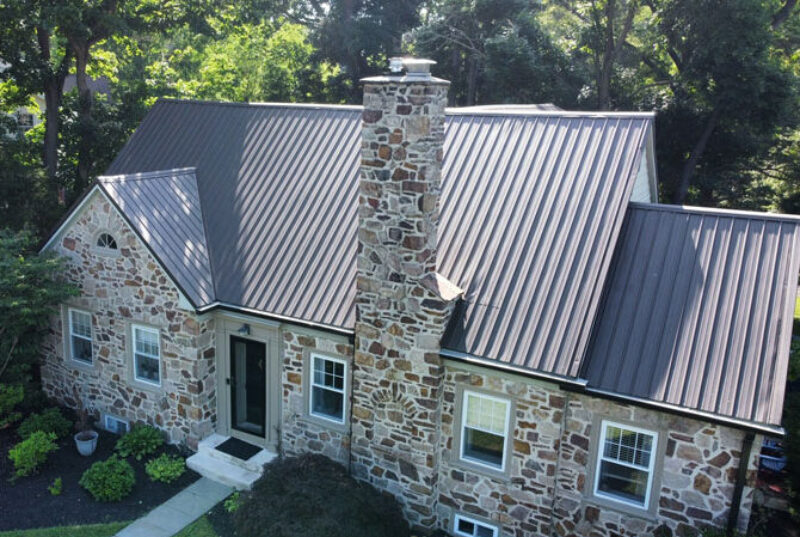
The Pros of Metal Roofing
Exceptional Durability
Metal roofs are widely recognized for their outstanding longevity. When properly installed, a metal roof can last between 50 to 70 years, significantly longer than conventional asphalt shingles.
Products designed with wider rib profiles, such as MasterRib® panels, contribute to increased structural strength, helping roofs withstand impacts from hail, debris, and severe weather. Metal roofs are also highly rated for fire resistance, often achieving the highest UL classifications, making them a safe choice in fire-prone areas.
For homeowners looking for a long-term investment, the durability of metal roofing is a major advantage.
Weather Resistance
Metal roofs are engineered to resist extreme weather conditions, including high winds that reach hurricane force levels. Coatings such as Galvalume® – a combination of steel, aluminum, and zinc – provide strong protection against rust and corrosion, even in humid or coastal environments.
In addition, metal roofing resists mold, mildew, and staining, helping it maintain a cleaner appearance over time without extensive upkeep. These qualities make metal a practical choice for homes in a variety of climates.
Energy Efficiency
Another significant benefit of metal roofing is its energy efficiency. Metal panels treated with cool roof coatings, such as Signature® 200 Paint Systems, reflect solar energy, reducing the amount of heat transferred into a home’s attic.
Many metal roofing systems are Energy Star® certified, maintaining at least 15% solar reflectance after several years of exposure. As a result, homeowners can experience lower cooling costs, particularly during the warmer months.
Choosing metal roofing can contribute to improved energy performance and greater comfort inside the home.
Low Maintenance
Compared to other roofing materials, metal requires minimal maintenance. Thanks to advanced coatings and durable finishes, metal roofs resist cracking, fading, and chalking. Homeowners typically do not have to deal with frequent repairs, repainting, or resealing, which are common maintenance issues with other roofing types.
Periodic inspections and occasional cleanings are usually sufficient to keep a metal roof in good condition.
Aesthetic Flexibility
Modern metal roofing offers a wide range of aesthetic options. Different panel profiles are available to suit a variety of architectural styles:
- MasterRib®: Classic wide-ribbed profile for traditional homes.
- Advantage-Lok II: Standing seam design with clean, modern lines.
- 5V: Farmhouse-style metal for a traditional, timeless look.
- 7/8″ Corrugated: Bold, industrial appearance ideal for contemporary homes.
Material options include steel in gauges from 22 to 29, and aluminum options for areas needing additional corrosion resistance. Color choices are also extensive, with some systems offering up to 20 or more shades in durable, UV-resistant finishes.
Sustainability
Metal roofing is often viewed as an environmentally responsible option. Most metal roofing materials are recyclable at the end of their service life, and many products incorporate recycled content during manufacturing.
Because metal roofs last much longer than traditional options, they generate less landfill waste over time, supporting more sustainable building practices.
Increases Property Value
A professionally installed metal roof can improve a home’s curb appeal and potentially raise its resale value. Metal’s longevity, energy efficiency, and modern appearance are attractive features for potential buyers, especially those seeking low-maintenance homes.
The Cons of Metal Roofing
Higher Upfront Costs
One of the main drawbacks of metal roofing is the higher initial expense. Both the materials and the specialized labor required for installation cost more than conventional roofing options like asphalt shingles.
While metal roofs can deliver long-term savings through durability and energy efficiency, the upfront financial commitment can be significant and should be considered carefully during budgeting.
Potential Noise During Storms
Metal roofs can be noisier than other types of roofing, particularly during heavy rain or hail. This issue can be significantly mitigated with proper attic insulation and sound-dampening underlayment materials, to the point where the metal roof is no louder than a shingle roof. However, without these additional steps, noise levels may be higher than with asphalt or tile roofing.
Expansion and Contraction
Metal roofing naturally expands and contracts with temperature fluctuations. Over time, this thermal movement can cause fasteners to loosen if the system is not properly designed to accommodate it.
Standing seam systems, such as Advantage-Lok II, help address this issue by allowing panels to flex with temperature changes without damaging the roof’s integrity.
Installation Complexity
Installing a metal roof is more complex than installing other roofing types. It requires skilled professionals who are experienced with metal systems to ensure proper sealing, fastener placement, and panel alignment. Poor installation can lead to water infiltration, reduced lifespan, or performance issues.
Homeowners should be sure to hire qualified contractors when choosing a metal roof to avoid problems associated with improper installation.
Risk of Denting
Although metal roofing is highly impact-resistant, very large hailstones or falling branches can occasionally dent thinner gauge panels. In areas prone to severe storms, choosing a thicker gauge metal can reduce the likelihood of visible damage.
Color Matching for Repairs
Over time, even durable paint finishes can fade slightly. If a repair or addition is needed years after installation, it may be difficult to match the original color exactly. This is a relatively minor concern but worth considering for homeowners who expect potential future changes to their roof.
Understanding The Pros and Cons of Metal Roofing
Metal roofing offers a combination of durability, energy efficiency, low maintenance, and style options that few other materials can match. Its ability to withstand extreme weather, resist fire, and reduce energy bills makes it a compelling choice for many homeowners. However, the higher initial investment, installation complexity, and the potential for noise or denting are important considerations.
For homeowners seeking a long-term roofing solution that balances strength, appearance, and environmental benefits, metal roofing is a strong option worth considering. As with any major home improvement decision, evaluating both the advantages and the potential challenges will help ensure the best fit for your home’s needs and your long-term goals.
If you’re considering metal roofing for your home, Home Genius Exteriors offers expert installation, high-quality materials, and personalized service to ensure your project is completed to the highest standards. Contact Home Genius Exteriors today to schedule a consultation and learn more about your options.
Frequently Asked Questions About Metal Roofs
What is the biggest problem with metal roofs?
The biggest problem with metal roofs is often cost and noise. Metal roofing typically costs more upfront than asphalt shingles – sometimes double or even triple depending on the material (steel, aluminum, copper, etc.). Additionally, without proper insulation, rain or hail can make metal roofs louder than other roofing types. Other potential issues include oil canning (visible waviness in flat panels), expansion and contraction due to temperature changes, and the need for specialized installation to prevent leaks at seams or fasteners.
Does a metal roof lower your insurance?
In many cases, yes – a metal roof can lower your homeowner’s insurance premium. Because metal roofing is highly resistant to fire, wind, hail, and impact damage, many insurers offer discounts of 5–35% depending on your region and roof type. However, savings vary by provider, and not all insurers apply discounts automatically. It’s best to check with your insurance company to confirm available incentives for metal roofing materials.
Is it cheaper to put a metal roof or shingles?
Asphalt shingles are cheaper upfront, while metal roofs are cheaper long-term. However, metal roofing can last 40–70 years compared to 15–30 years for shingles, meaning fewer replacements over time. Additionally, energy savings and reduced maintenance often offset the higher initial cost.
Does a metal roof interfere with WiFi?
No, a metal roof does not significantly interfere with WiFi signals inside your home. WiFi operates through radio frequencies, and while metal can reflect signals, most homes have routers and devices that communicate within the same indoor environment. Problems only occur if your WiFi signal has to pass through the metal roof from outside (such as satellite internet or antennas). In those cases, a signal booster or repositioned router easily solves the issue.
Do metal roofs attract lightning?
No, metal roofs do not attract lightning. Lightning is drawn to the highest point, not specific materials. In fact, if lightning does strike a metal roof, it’s safer than other materials because metal is noncombustible and can dissipate electrical energy safely through grounding. Unlike wood or asphalt, a metal roof won’t ignite or contribute to fire damage during a storm.
Do metal roofs leak more than shingles?
Not when installed correctly. A properly installed metal roof is actually less likely to leak than an asphalt shingle roof. Metal panels are interlocked and have fewer seams, providing superior protection against wind-driven rain and ice dams. However, leaks can occur if fasteners are improperly sealed, flashing is poorly installed, or panels expand and contract without proper allowance. Hiring an experienced metal roofing contractor prevents most of these issues.
